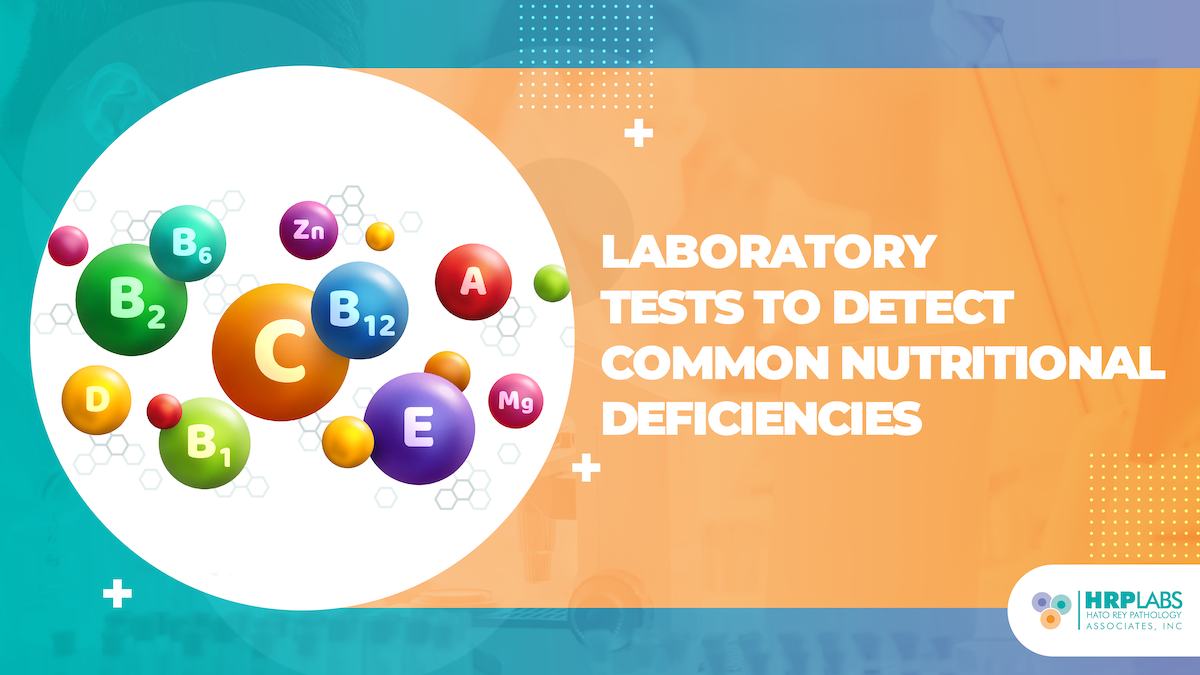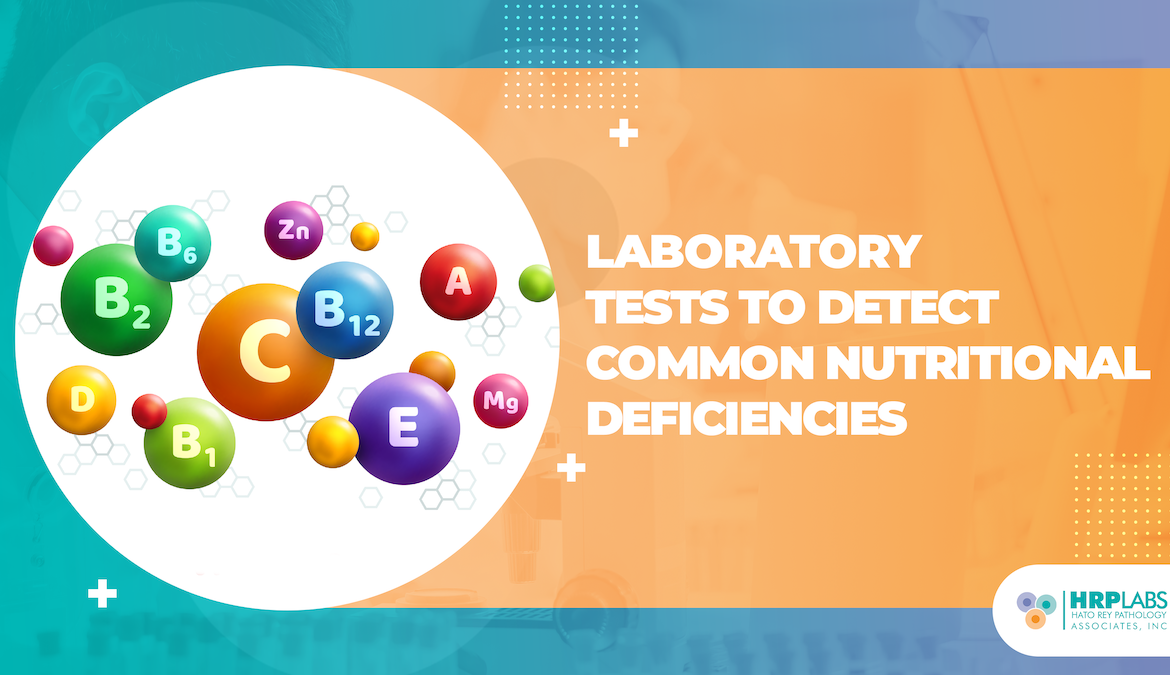
Nutrition plays a fundamental role in our overall health. However, many people are unaware that deficiencies in certain essential micronutrients, such as iron, vitamin B12, or folic acid, can go unnoticed until more severe symptoms appear. Laboratory tests are key tools for identifying these deficiencies and preventing related health problems.
Why is it important to detect nutritional deficiencies?
Nutritional deficiencies can negatively affect your energy, immune system, and cognitive functions. For example:
- Iron deficiency can cause anemia, fatigue, and weakness.
- Low levels of vitamin B12 can lead to neurological issues, memory loss, and chronic fatigue.
- A folic acid deficiency is particularly concerning during pregnancy, as it can cause congenital defects in the baby.
Identifying these deficiencies early through laboratory tests can help prevent long-term complications and improve your quality of life.
Key laboratory tests to detect deficiencies:
- Iron and Ferritin Test
These tests measure the amount of iron in your blood and the levels of ferritin, a protein that stores iron in the body. Iron deficiency is one of the most common deficiencies and can result from a diet low in iron, blood loss, or absorption issues.
If you experience symptoms such as constant fatigue, weakness, or pale skin, consult your doctor about taking this test.
- Vitamin B12 Test
Vitamin B12 is essential for the proper functioning of the nervous system. A vitamin B12 deficiency can cause megaloblastic anemia, tingling in the extremities, and difficulty concentrating.
Who should consider this test? Individuals following vegetarian or vegan diets, as this vitamin is primarily found in animal-based foods.
- Folic Acid Test
Folic acid is vital for DNA production and the formation of new cells. Pregnant women need adequate levels of folic acid to prevent neural tube defects in the baby.
If you are planning a pregnancy or experiencing symptoms of anemia, this test is essential.
- Vitamin D Level Test
Although not always included in the list of basic nutrients, vitamin D is crucial for bone health and the immune system.
What symptoms might indicate a deficiency? Bone pain, muscle weakness, and increased susceptibility to infections.

Benefits of detecting and treating nutritional deficiencies
- Prevention of complications: Early diagnosis can prevent serious problems like anemia or neurological complications.
- Improved quality of life: Addressing these deficiencies can boost your energy and enhance overall health.
- Personalized treatment: Test results help your doctor develop a nutritional plan tailored to your specific needs.
How to prepare for laboratory tests
To ensure accurate results, follow these tips before your tests:
- Consult your doctor to determine if fasting is required.
- Avoid taking vitamin or mineral supplements before the test, as they may alter the results.
- Stay well-hydrated to facilitate the blood draw.
Knowing your levels of iron, vitamin B12, folic acid, and other essential micronutrients through laboratory tests can make a significant difference in your health. These tests are particularly important if you experience symptoms such as fatigue, weakness, or cognitive issues.
At HRP Labs, we offer advanced and accurate laboratory tests to help you identify and address nutritional deficiencies. If you have questions or need to schedule a test, contact us at 787-765-7320 or email us at customerservice2@hrplabs.com. We are here to help you take care of your health.

